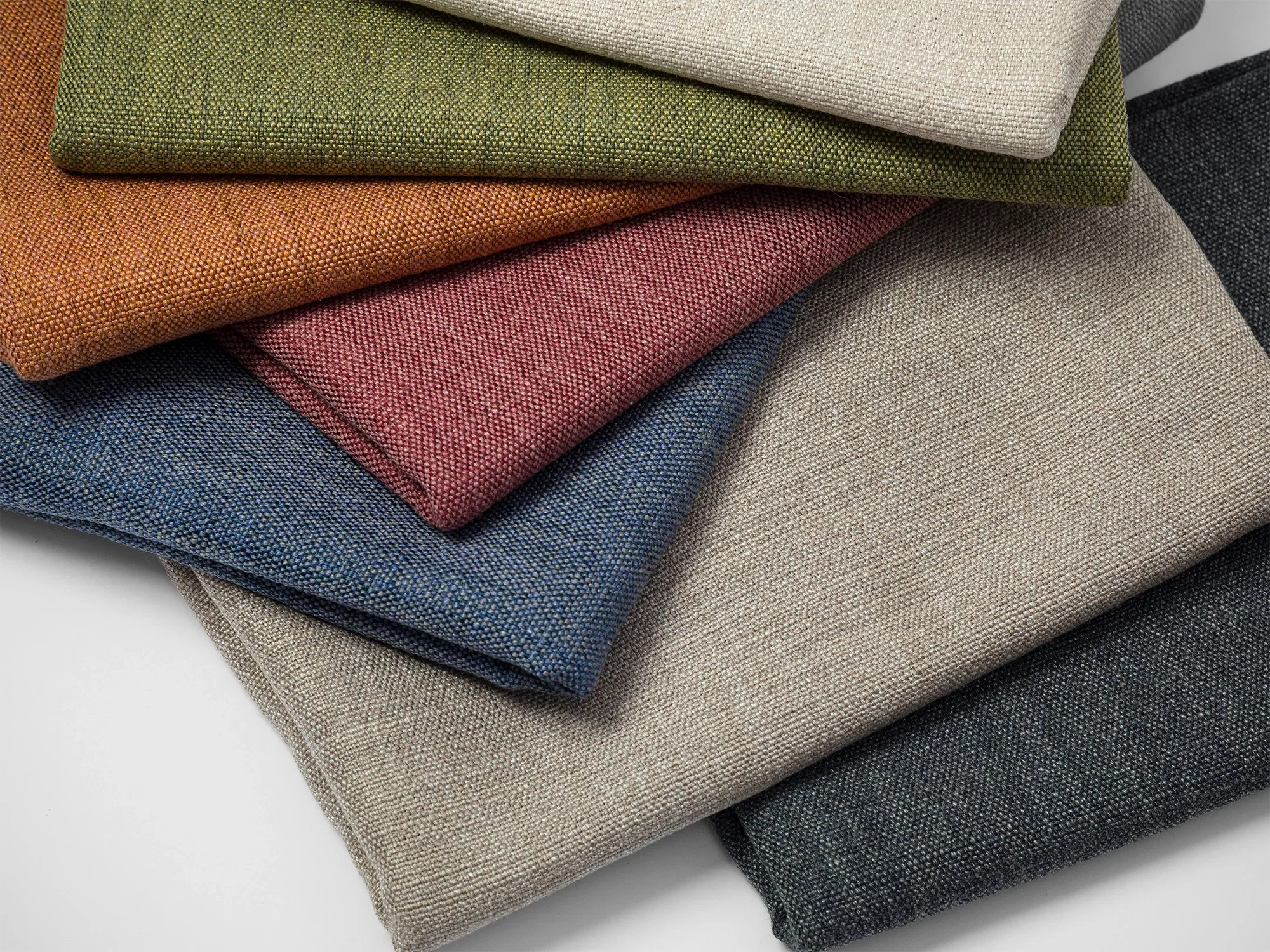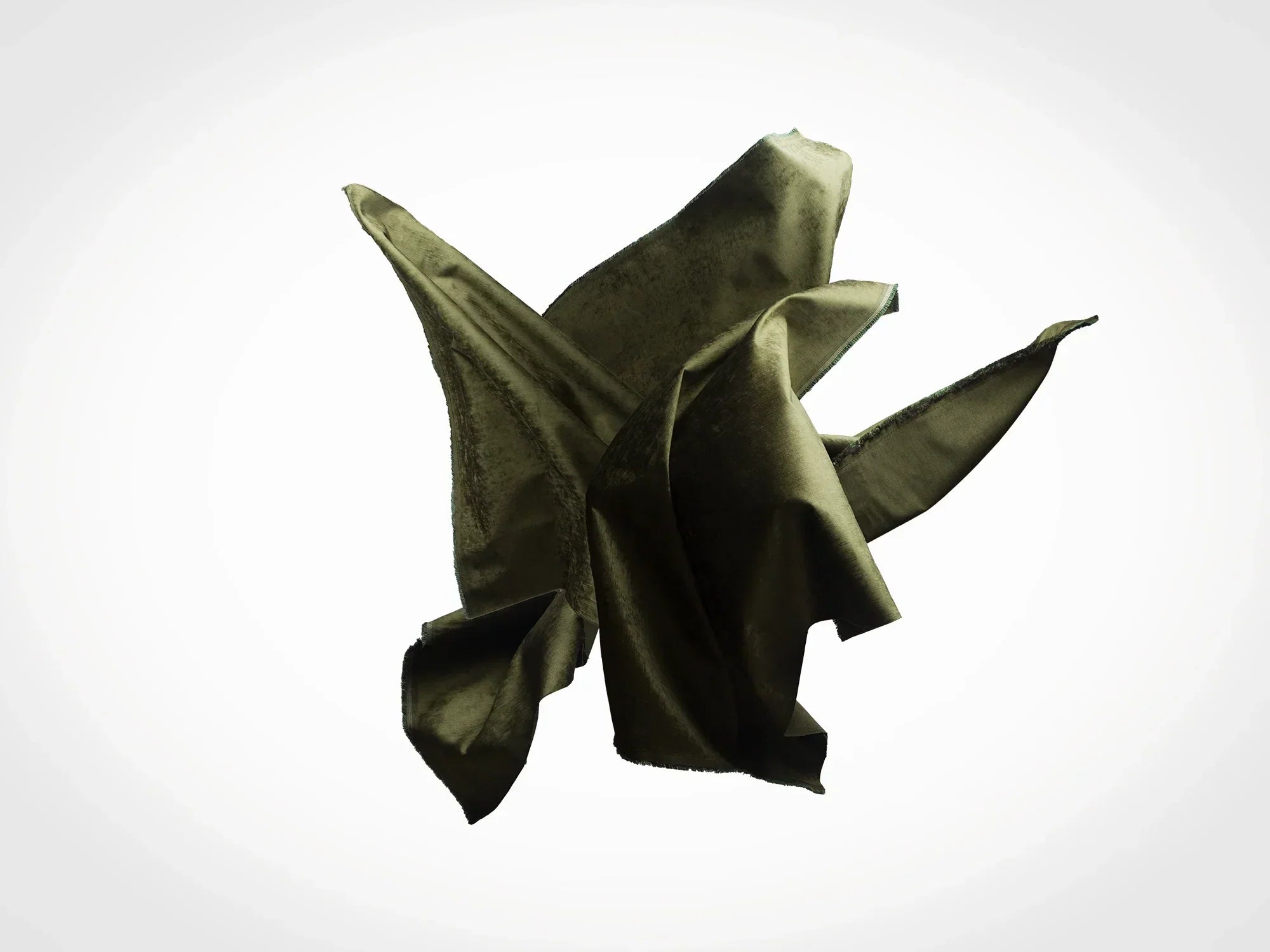Choosing an upholstery fabric isn’t only about texture and color — it’s also about how the fabric performs in daily life. From food spills to friction, the real test of a fabric lies in its resistance to stains, pilling, and seam slippage. Understanding these three factors helps homeowners and designers pick high quality performance fabric that will look good for years.
🍷 Stain Resistance
-
Definition: The ability of a fabric to repel or release stains.
-
Why it matters: Everyday accidents happen — wine, coffee, or food spills.
-
Best picks: Fabrics engineered with fade and stain resistant upholstery fabric technology hold up better in kitchens, dining areas, and family rooms.
👉 Example: Classic Velvet, easy to spot clean and ideal for those who want luxury velvet upholstery fabric stain resistant.
🧵 Pilling Resistance
-
Definition: Pilling happens when fibers break and form small balls on the surface.
-
Prevention: Choose tightly woven fabrics or high-performance blends.
-
Best picks: Nexus Pulse and Harvest collections are woven to minimize pilling, making them perfect durable performance fabrics for high-traffic seating.
✂️ Seam Slippage
-
Definition: When fabric pulls away or frays along stitched seams.
-
Why it matters: Especially critical for sofas and chairs where stress points are common.
-
Best picks: Heavy, textured fabrics like Nexus Chevron (50,000 Wyzenbeek) or Roam Bouclé (60,000 Wyzenbeek) are excellent abrasion resistant upholstery fabrics for sofa and headboards.
✅ Fabrichan Standards for Everyday Performance
-
Tested: All collections meet international performance standards.
-
Durability: From Harvest (20,000 cycles) for cozy homes to Classic Velvet (100,000 cycles) for contract use.
-
Practical Care: Spot clean, hand wash at 30°C, or dry clean when needed.
👉 This ensures you’re not just buying fabric, but long-lasting upholstery solutions.







